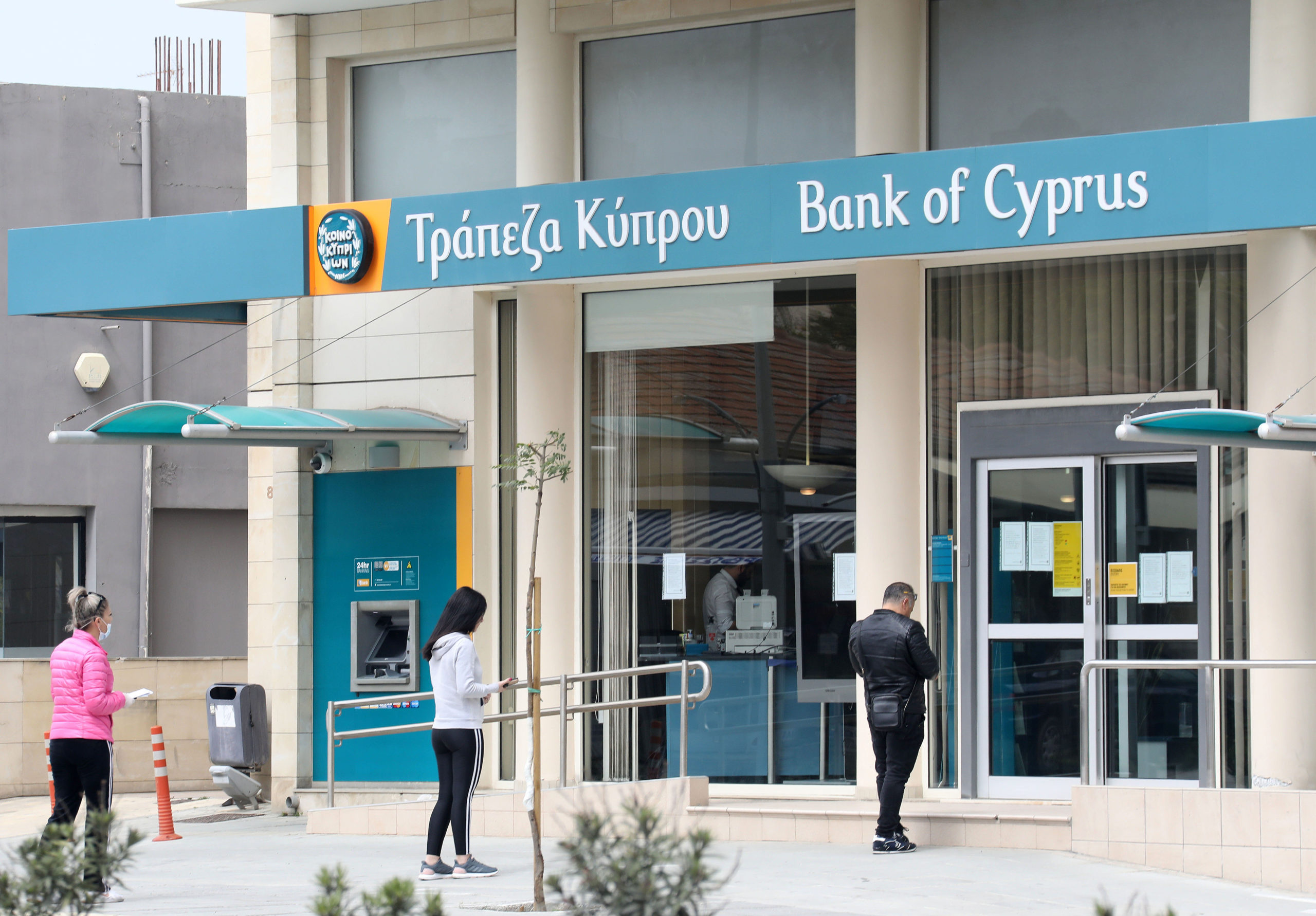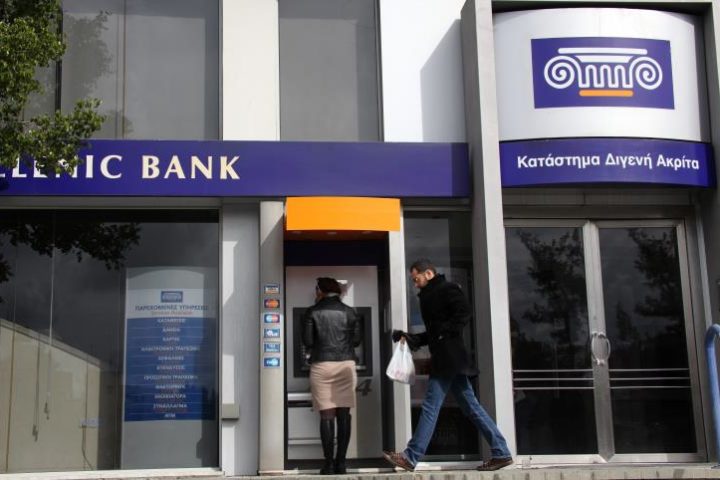Around one-third of Cyprus banks’ gross loans had payment deferrals for borrowers affected by coronavirus lockdown disruption, adding credit risk to the banking system, said Moody’s.
“Although the payment deferrals reduce the probability of acute asset quality stress this year, the high percentage of deferrals suggest that asset quality deterioration is still very likely next year,” said a Moody’s Investor Service analysis.
“The deferrals will reduce the extent of any deterioration, but their ultimate effect will depend on the depth and duration of the economic downturn,” it added.
While Cyprus’ construction, retail and restaurant sectors have reopened, Moody’s believes the tourism sector will take significantly longer to recover.
According to the World Travel and Tourism Council, the sector accounted for 13.8% of GDP and 13.2% of employment in 2019.
“We expect Cyprus’ economy to contract by 7.5% this year before recovering in 2021 when we expect it to grow by 6.0%.”
High private sector debt is seen as “exacerbating” the strain on borrowers.
“Policy response measures by the authorities will alleviate the immediate strain on creditworthy borrowers’ cash flow and increase the likelihood of the recovery and longer-term viability of their loans.”
The measures include a broad loan payment throughout 2020 available to all borrowers with previously performing obligations who request it.
“The gross carrying amount of credit facilities with payment deferrals is relatively high in Cyprus.
With total loans with deferrals of €11.4 bln as of 5 June, we estimate banking system loans with deferred payments at around a third of gross banking system loans.
Loans with payment deferrals are in addition to nonperforming loans, which comprised 28% of systemwide gross loans at the end of 2019.
“We estimate that loan deferrals make up almost half of the banking system’s performing loans.
Loans with deferrals among the four largest banks in Greece (B1 stable), another European banking system that faces high credit risks, are much lower on average, at around 9% of total gross loans or 16% of performing loans.
The high level of loan deferrals reflects the strains on Cyprus’ economy, but also the broad and protracted payment deferral framework.”
The framework is mandatory as long as a borrower had performing obligations before the coronavirus pandemic began, which prevents banks from choosing whether to extend this assistance.
Loan deferrals for tourism-related loans account for 81% of gross loans and 89% of performing loans, said the analysis.
“Other confidence-sensitive sectors such as real estate and the troubled construction sector also have high percentages of deferred loans.
Combined, the three sectors account for more than 60% of loan deferrals for nonfinancial companies.”
The exposure of the country’s largest bank, Bank of Cyprus to the tourism sector was 11% of its non-legacy gross loans as of March 2020. Of these, 96% have applied for a payment holiday.
“Although the payment holiday will provide banks with the flexibility to support and reschedule loans for viable borrowers in 2020 to better match revised cash flow expectations, we expect some borrowers to eventually default.
The payment holiday will not automatically result in the loan being classified as nonperforming as long as the bank continues to expect the borrower to pay, which will be extremely difficult to assess under current conditions.”
Moody’s argued that the payment holiday will eventually lead to borrowers defaulting, although banks’ asset quality is shielded until 2021, provisions will dent profitability.









